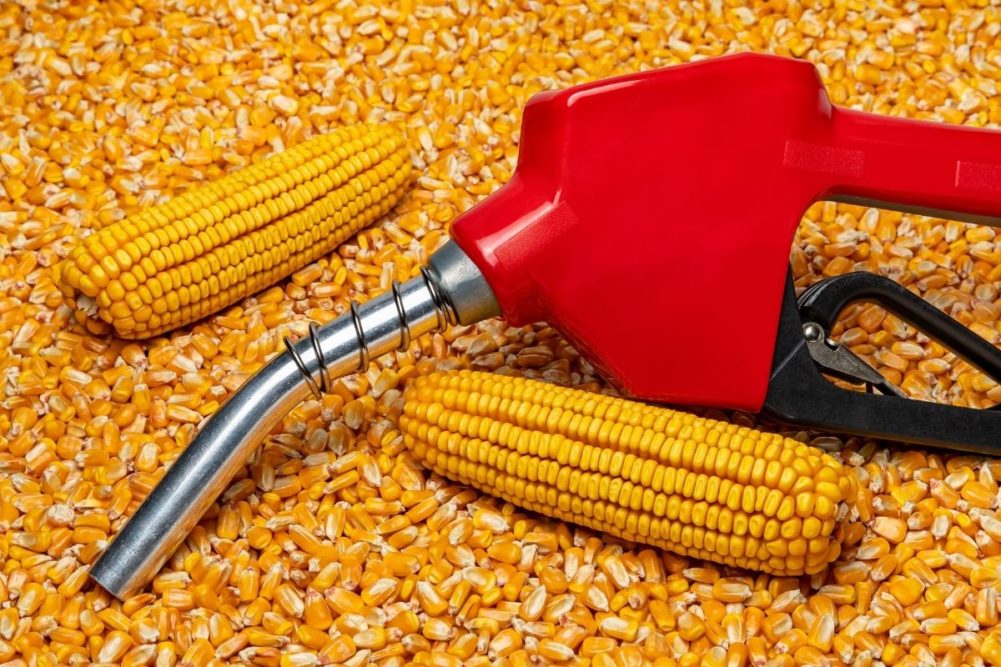SIOUX FALLS, SOUTH DAKOTA, US — The American Coalition for Ethanol will use funding from the US Department of Agriculture (USDA) to help farmers adopt reduced tillage, nutrient management and cover crops on nearly 100,000 acres in the United States.
The Regional Conservation Partnership Program, introduced in 2021, helps corn ethanol access clean fuel markets and new tax incentives based on the adoption of climate-smart agricultural practices. The USDA approved $25 million for expansion of the project.
The 100,000 acres covers 167 counties surrounding 13 ethanol facilities in Illinois, Indiana, Iowa, Kansas, Minnesota, Missouri, Nebraska, Ohio, South Dakota and Wisconsin. The sites were strategically chosen to provide the project’s scientific team with statistically significant data regarding the greenhouse gas effect of conservation practices in different soil types and climates.
“We are enormously grateful for USDA’s vote of confidence in the work ACE is doing to ensure corn ethanol has a strong future as a meaningful part of the climate solution,” said Brian Jennings, chief executive officer of ACE.
Scientists will monitor, measure and verify how the conservation practices reduce GHG emissions from corn farming. The data will be used by the US Department of Energy to test existing models such as GREET to address real and perceived ‘information gaps,’ Jennings said.
“… in the long term, we will empower ethanol producers and farmers with modeling and calculator tools to earn higher tax credits and premium prices in clean or low carbon fuel markets based on climate-smart ag practices,” he said. “It is our goal to establish an alternative to burdensome and costly quantification and verification protocols that would discourage farmers and ethanol producers from reaping maximum benefits from these practices in the future.”
The existing project in South Dakota has expanded adoption of important conservation practices that benefit soil health and reduce GHG emissions, said Tony Sunseri, state conservationist for the South Dakota Natural Resources Conservation Service. Currently, 15,000 acres are under contract for climate-smart ag practices.
“Expanding the project will result in more conservation on the ground while furthering the scientific underpinnings of the climate benefits that result from deploying these climate-smart practices,” Sunseri said. “We are excited to continue our partnership on this expanded effort.”
The economic potential of capitalizing on climate-smart farming practices to produce corn ethanol for clean fuel markets or new tax incentives is significant, ACE said.
Through the 13 partner ethanol facilities, there’s the potential to remove over 2.7 million tonnes of CO2 per year, or the equivalent of taking 596,346 cars off the road annually. Across the 10-state project area, this could amount to over $500 million per year in estimated maximum value from clean fuel markets — a $266 per acre benefit for farmers based on the three-year average carbon price in the California Low Carbon Fuel Standard (LCFS).
This potential economic value is similar to what the carbon benefits could be worth under a properly implemented 45Z tax credit.






